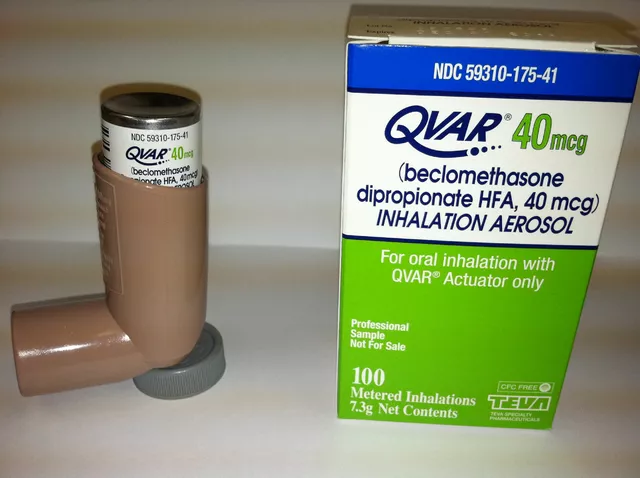Claritin: Allergy Relief, Alternatives, and What You Need to Know
When you’re sneezing, itching, or battling runny eyes from pollen, dust, or pet dander, Claritin, a non-drowsy antihistamine used to treat seasonal and year-round allergies. Also known as loratadine, it’s one of the most common over-the-counter choices for quick, all-day relief without the sleepiness that older meds like Benadryl bring. Unlike some antihistamines that make you sluggish, Claritin works by blocking histamine — the chemical your body releases during an allergic reaction — without crossing into your brain in large amounts. That’s why millions reach for it daily, whether they’re dealing with spring pollen, indoor allergens, or sudden hives.
Claritin isn’t the only option out there. Zyrtec (cetirizine), another popular antihistamine, kicks in faster but can cause drowsiness in some people. Allegra (fexofenadine), a non-sedating alternative, is gentler on the stomach and often preferred if you’re also taking other meds. Then there’s Xyzal (levocetirizine), the active isomer of Zyrtec, which some find more effective but at a higher cost. Claritin sits right in the middle: reliable, affordable, and low-risk for side effects like dry mouth or headache — which are rare and usually mild.
People use Claritin for more than just hay fever. It helps with chronic urticaria (hives), allergic skin reactions, and even some types of nasal congestion tied to allergies. It’s safe for kids over two, and many doctors recommend it as a first-line treatment because it doesn’t interfere with daily tasks — no afternoon naps, no foggy focus. But it won’t help with asthma flare-ups or non-allergic rhinitis. If your symptoms don’t improve after a week, or if you’re relying on it daily for months, it’s time to look deeper. Could it be mold? Dust mites? A food trigger? The posts below dig into these exact questions.
What you’ll find here isn’t just another drug fact sheet. These are real comparisons: how Claritin stacks up against other allergy meds, what side effects people actually report, when generic loratadine is just as good, and why some users swear by it while others switch after one season. You’ll also see how Claritin fits into broader allergy management — from combining it with nasal sprays to understanding when it’s not enough. No fluff. No marketing. Just what works, what doesn’t, and what you should ask your doctor next time you refill your prescription.
Claritin (Loratadine) vs Other Allergy Pills: Effectiveness, Side Effects & Cost
A side‑by‑side comparison of Claritin (loratadine) with Zyrtec, Allegra, Benadryl and natural options, covering how they work, onset, sedation, cost and best use cases.






